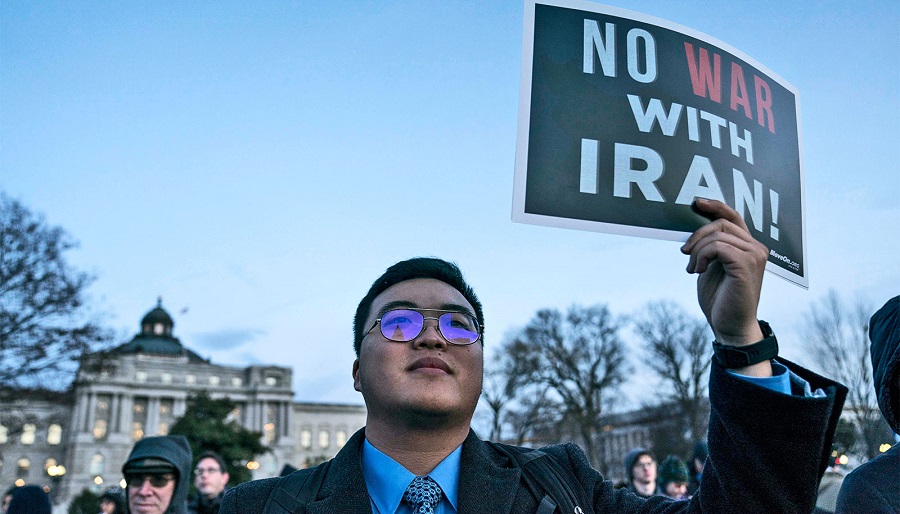On 21 September, the Trump Administration announced a spate of new sanctions on Iran over its nuclear weapons programme and anyone found to be supplying conventional weapons and weapons technology to the Islamic Republic. The Trump Administration dubiously claims that it is enforcing the United Nations arms embargo under the Joint Comprehensive Plan of Action (JCPOA) that is set to expire on 18 October, and has called upon the European Union to follow its lead. Beyond the fact that the Trump Administration withdrew from the JCPOA in early 2018, leaving it with no right to enforce its terms, the other signatories of the JCPOA (Britain, France, Germany, Russia, and China) believe that negotiation is the best way to quell the nuclear threat stemming from Iran, not confrontation. The ayatollahs’ grip on Iran is weakening due to the state of the economy and public unrest, and the Trump administration should seek less confrontational ways to secure their interests in Iran instead of further punishing the Iranian people.
Comment
Since the Islamic Revolution of 1979, Washington has been dogmatic in its portrayal of Iran as an existential threat to the US. Iran fits perfectly into the classic American idea of what a threat looks like; just like the Soviet Union during the Cold War, Iran has a revolutionary ideology with a desire to export it, and is well connected with allies across the globe. Unlike the Soviet Union, however, Iran’s military is technologically and numerically embarrassed by that of the US and its allies in the region, and its economy is roughly two per cent the size of the US, making that threat perception nothing less than absurd.
Read the full article by Patrick Triglavcanin, FDI Associate on Foreign Directions International.

